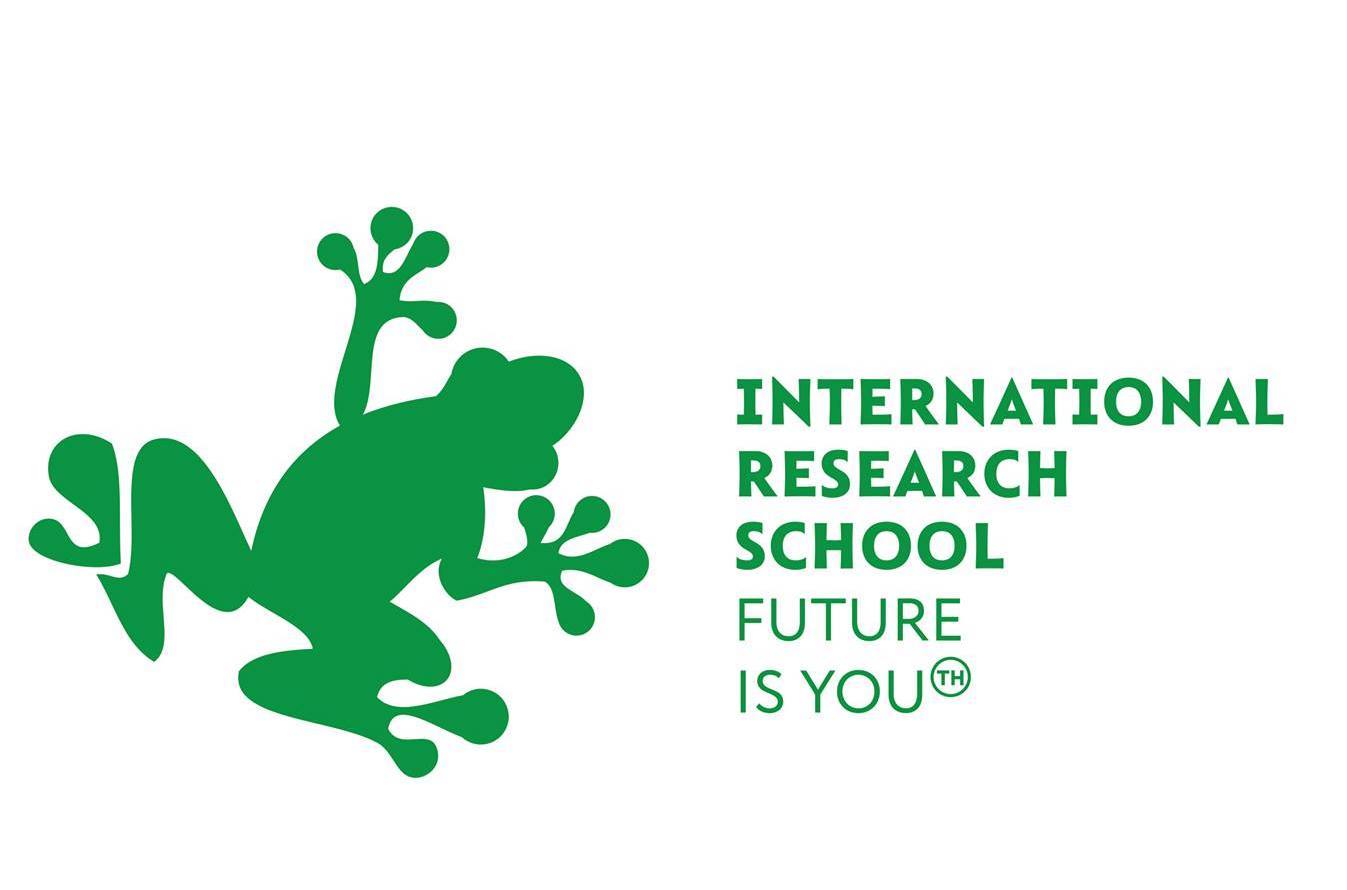13TH INTERNATIONAL RESEARCH SCHOOL
Can we induce false memory?
Cognitive Psychology
People often think of memory as something like a video recorder which documents and stores everything that happens around us. The truth is memories are subject to change. Remembering is not just accessing information. It can also involve vivid use of imagination. Does that mean that our memory is manipulative?

Spreading activation is a basic principle in cognitive psychology, that is linked to how memory is organized and tries to explain how false memory can be implemented. Some false memories can have significant consequences. That is why this mechanism is especially relevant when it comes to the validity of witness testimonies. From the other side they also led to false accusations and false convictions for a variety of crimes. If you witness a crime or an accident, your testimony is important, but not conclusive. Any gaps in events may be filld in by your memory, turning a reliable recall into a faulty one.

Through this project you will be able to collect the knowledge of creating, following and organizing a social psychology experiment. Furthermore, you will learn that false memory can be advantageous because they reflect the activation of concepts and ideas related to an earlier experience, which can aid future problem solving. We will learn how innocent mistakes of recognition might help us understand the larger and more dramatic impact of false memories.
Tutors

Aleksandra Spasojevic
Doboj, Bosnia and Hercegovina
Doboj, Bosnia and Hercegovina
Aleksandra was born in Doboj, Bosnia and Herzegovina and currently lives in Hamburg, Germany. As a Ph.D. student at the University medical clinic Hamburg –Eppendorf, she is working as a researcher in policlinic of Psychiatry and Psychotherapy, department for Psychosocial Medicine. In 2014 she graduated at the University of East Sarajevo, Bosnia and Herzegovina and completed two years of continuous education in the field of Transactional Analysis Psychotherapy with the title Transactional Analysis Counselor. In 2017 she graduated with a title M.A. in Psychology. Her research interests are e-mental health and internet-based interventions; trauma and PTSD; depression. Since May 2020 she is working at the University of Hamburg in team Psychological Counselling. She speaks native Bosnian/Croatian/Serbian, fluent English and German, and has basic knowledge in Spanish. Aleksandra participated as a tutor on IRS in a year 2018 and 2019.

Luzie Lohse
Hamburg, Germany
Hamburg, Germany
Luzie Lohse is from Hamburg, Germany and studies clinical neuropsychology (M.sc.) in Groningen (Rijsuniversiteit Groningen in the Netherlands). In 2019 she conducted her master thesis "Exposure Therapy in Virtual Reality in patients with Obsessive- Compulsive Disorder - A Randomized Controlled Trial" during an internship in the University medical clinic Hamburg –Eppendorf. During the internship she learned how to conduct a research project from start to finish and was able to implement her theoretical knowledge from psychology degree. She is keen to work with students on a research project and share her enthusiasm for psychology.


